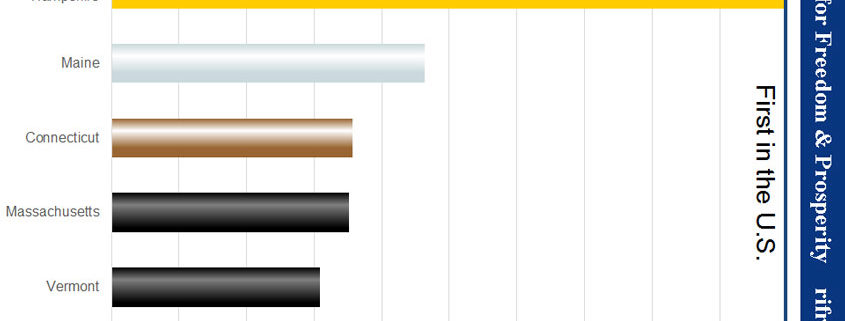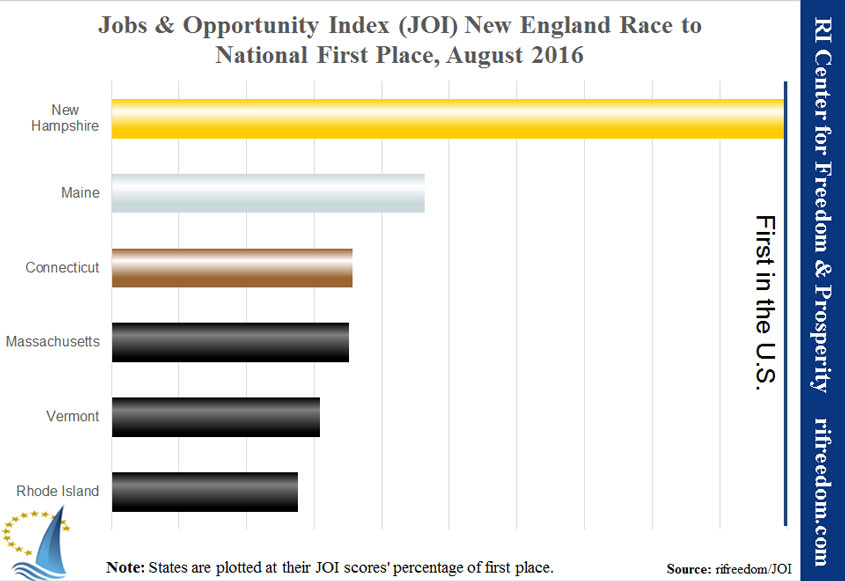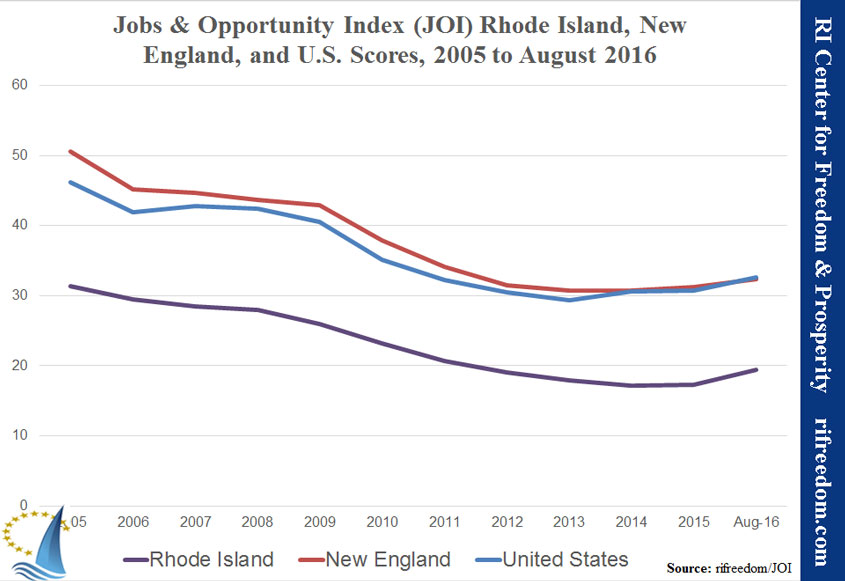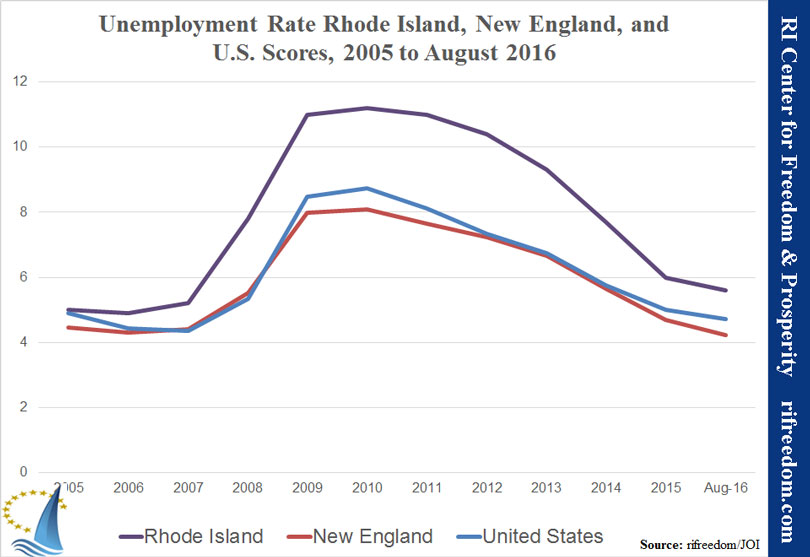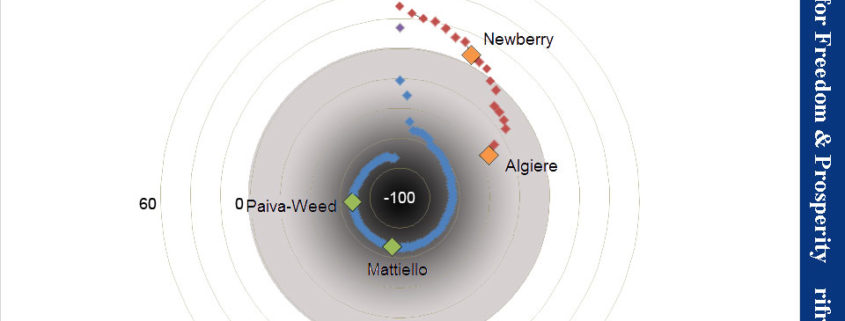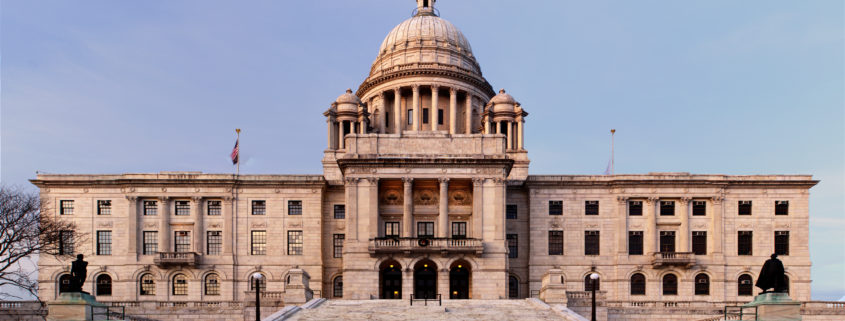FOR IMMEDIATE RELEASE: September 12, 2016
Legislative “Circus” Main Culprit in Missed General Assembly Votes
About one in eight lawmakers missed over 20% of votes; three over 40% in 2016
Calls for legislative action to limit votes in a single day or week
Providence, RI — The annual General Assembly ritual of an “all-night spasm of deal making and lawmaking” is the primary culprit as to why so many elected officials miss so many votes, according to Ken Block, the two-time gubernatorial candidate, who’s WatchdogRI.org group teamed with the RI Center for Freedom & Prosperity to produce a report on missed votes since 2014.
Often referred to as “walkers”, thirty members of the 2016 General Assembly failed to adequately represent their constituencies by failing to cast votes on over 10% of all non resolution or solemnization bills.
However, both the Center and WatchdogRI point out that legitimate family, personal, and business emergencies, illnesses, or conflicts often play a role in preventing lawmakers from being able to attend some General Assembly sessions. When such conflicts coincide with the annual all-night circus of voting on hundreds of bills in a single all-night session, voters can begin to understand why so many of their senators and representatives miss so many votes, according to Block, who penned a Providence Sunday Journal opinion piece yesterday on the topic.
Nonetheless, the Center and WatchdogRI compiled a full report of the voting records of all incumbents over the past three years, which included an analysis of 615 votes in the House and 532 votes in the Senate for 2016.
In the House, the top 10 legislators with the most missed votes in 2016 were: Thomas Palangio, D-Providence, 536; John Carnevale, D-Providence, 356; Arthur Corvese, D-North Providence, 263; Jared Nunes, D-Coventry, 221; Joseph Trillo, R-Warwick, 209; John Lombardi, D-Providence, 202; Robert Jacquard, D-Cranston, 157; Edith Ajello, D-Providence, 142; Nicholas Mattiello D-Cranston, 126; and Dan Reilly, R-Portsmouth, 105.
For the 2016 Senate, the top 10 legislators with the most missed votes were: Frank Lombardi, D-Cranston, 138; Donna Nesselbush D-Pawtucket, 130; Edward O’Neill, R-Lincoln, 118; Frank Lombardo, D-Johnston, 115; Leonidas Raptakis, D-Coventry, 107; Nicholas Kettle, R-Coventry, 92; James Doyle, D-Pawtucket, 91; Elizabeth Crowley, D-Central Falls, 89; Joshua Miller D-Cranston, 77; and William Walaska, D-Warwick, 77.
Senator John Pagliarini R-Portsmouth, did not miss a single vote, joining 15 other senators who missed fewer than ten votes. Representatives Robert Phillips, D-Woonsocket, and Raymond Johnston, D-Pawtucket, each missed only one vote, joining 23 other representatives who missed fewer than 10 votes.
CALL TO ACTION: In response to pushback to Block’s oped by lawmakers who feel they may unfairly be listed on the ‘walker’ top-10 lists, both the Center and WatchdogRI challenge all lawmakers to go on record in support of reform to the cattle-call vote process that is the root cause. The oped suggests that the legislature should consider a daily or weekly bill-vote limit, with no floor votes occurring after a specified evening hour. Such reform would clearly enhance a more transparent and representative governmental process.
EXTENUATING CIRCUMSTANCES? There are at least four known instances where extenuating circumstances may have prevented individual lawmakers from taking votes. In the case of Representatives Palangio, Corvese, and Nunes as well as Senator Lombardi … a personal illness, a death in the family, a child-birth, and a pre-arranged family vacation respectively caused these elected-officials to miss all of the votes on the final “cattle-call” late-evening into early-morning of bill passages. In the spirit of fairness, responses from other lawmakers will be accepted at info@rifreedom.org and will be posted and regularly updated at RIFreedom.org/walkers-legislator-responses/.
To view a PDF of the full report, go to: RIFreedom.org/Walkers.

